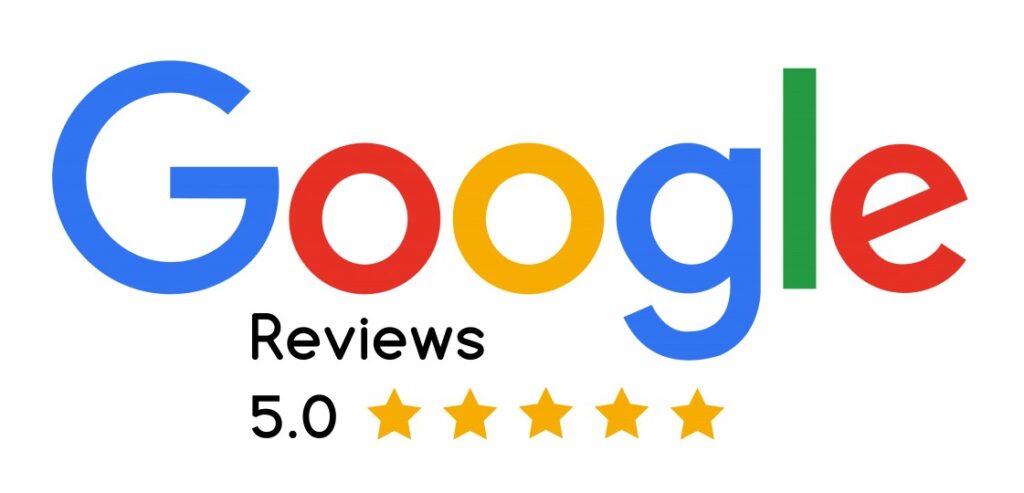As 2025 approaches, Idaho small business owners have a critical opportunity to review their tax strategies and maximize savings before the year ends. With new federal and state-specific tax regulations, taking a proactive approach can mean the difference between significant tax savings and missed opportunities. From asset expensing and employee benefits to specialized state credits, here are the essential year-end tax strategies to consider.
Maximize Asset Expensing: Changes to Section 179 and Bonus Depreciation
With updates to Section 179 expensing and bonus depreciation, Idaho businesses have new opportunities to deduct asset purchases:
- Section 179: For 2025, businesses can deduct the full purchase price of qualifying equipment and software (up to a certain limit) in the year it’s purchased. This allows Idaho businesses to improve cash flow and immediately benefit from investments in assets.
- Bonus Depreciation: Previously set at 100%, bonus depreciation is phasing down in the coming years. Idaho businesses considering major purchases should do so before the end of the year to take advantage of this deduction while it’s still available.
By carefully planning asset acquisitions, Idaho business owners can reduce their taxable income and invest back into their growth.
Idaho-Specific Tax Credits and Deductions
Idaho offers several credits and deductions that can help small businesses reduce their tax burden. Take advantage of these to improve your tax position:
- Small Employer Investment Tax Credit: For small businesses investing in equipment and property, this Idaho credit offers a deduction on a percentage of the investment.
- Workforce Development Tax Credit: For businesses hiring and training Idaho residents, this credit offers tax relief, allowing you to offset costs for training programs.
- Renewable Energy Equipment Deduction: If your business has invested in renewable energy sources, such as solar or geothermal, Idaho provides a deduction for a portion of these expenditures.
Reviewing these state-specific options with your CPA can uncover valuable savings unique to Idaho business owners.
Optimize Employee Benefits and Retirement Contributions
Employee benefits are not only essential for retention and morale—they also offer tax advantages:
- Health Savings Accounts (HSAs) and Flexible Spending Accounts (FSAs): If you offer HSAs or FSAs, remind employees to maximize their contributions before the year ends, as this reduces taxable income for both the employee and employer.
- Retirement Plans: Contributions to employee retirement plans, such as 401(k)s or SEP IRAs, are tax-deductible for employers. By maximizing contributions before year-end, you reduce taxable income while supporting your employees’ future.
Adding or enhancing these benefits helps attract and retain talent while also providing your business with additional tax advantages.
Claim the Employee Retention Credit (ERC) if Eligible
The Employee Retention Credit (ERC) remains a valuable, and often overlooked, credit for Idaho small businesses. If your business experienced revenue declines or had to halt operations due to COVID-19 mandates, you may still qualify for retroactive credits:
- Retroactive Claims: If your business hasn’t yet claimed the ERC, consider amending previous tax filings to capture this credit.
- Consult with a Tax Expert: Claiming the ERC requires careful calculation and documentation. Working with a CPA can help ensure you maximize this benefit without running into compliance issues.
Since ERC eligibility varies by year, a tax advisor can help you navigate the requirements and claim any credits you’re entitled to.
Utilize Strategic Timing of Income and Expenses
For many Idaho businesses, shifting income and expenses can be an effective way to optimize tax obligations:
- Prepay Expenses: By paying certain deductible expenses in advance, like rent or supply costs, you can increase deductions for the current year, reducing taxable income.
- Delay Income Recognition: If your business operates on a cash basis, deferring income by delaying invoicing until January can help reduce the current year’s taxable income.
- Plan Capital Improvements: Timing capital improvements strategically can also help. Idaho offers deductions and credits for specific investments in equipment, so consider timing these before the end of the year to take full advantage of both federal and state benefits.
This strategic timing helps you spread out income and expenses for better tax results without disrupting business cash flow.
Review Idaho-Specific LLC Structuring for Multi-Property Owner
If you’re an Idaho business owner managing multiple properties, structuring your holdings correctly is key:
- Create Separate LLCs: Holding each property in its own LLC can provide liability protection and tax benefits, making it easier to track property-specific expenses and income.
- Understand Local Property Tax Laws: Idaho property taxes vary by county, so it’s essential to stay proactive about assessment reviews and tax planning.
This structure can help multi-property owners avoid liability issues while maintaining clear records for tax purposes.
Consider the S-Corp Election for Tax Savings
For eligible small businesses, electing S-Corp status can lead to significant tax savings:
- Reduce Self-Employment Tax: S-Corp owners can take a reasonable salary, while the rest of the profit is taken as a distribution, reducing self-employment tax liabilities.
- Maximize Retirement Contributions: Salary is counted as earned income, so if you’re looking to increase retirement savings, the S-Corp structure supports higher contributions.
In Idaho, filing as an S-Corp could help business owners save on taxes while providing flexibility for growth. Speak with a CPA about eligibility and filing requirements if you’re considering this election.
Preparing for 2025 and Beyond
By implementing these strategies now, Idaho business owners can reduce their tax burden, increase profitability, and set up for a financially successful 2025. Consulting a tax professional can help you uncover every available credit, optimize your deductions, and keep your business in compliance with both federal and state tax laws.
With year-end planning, your business will be well-prepared for growth and financial resilience in the new year.



